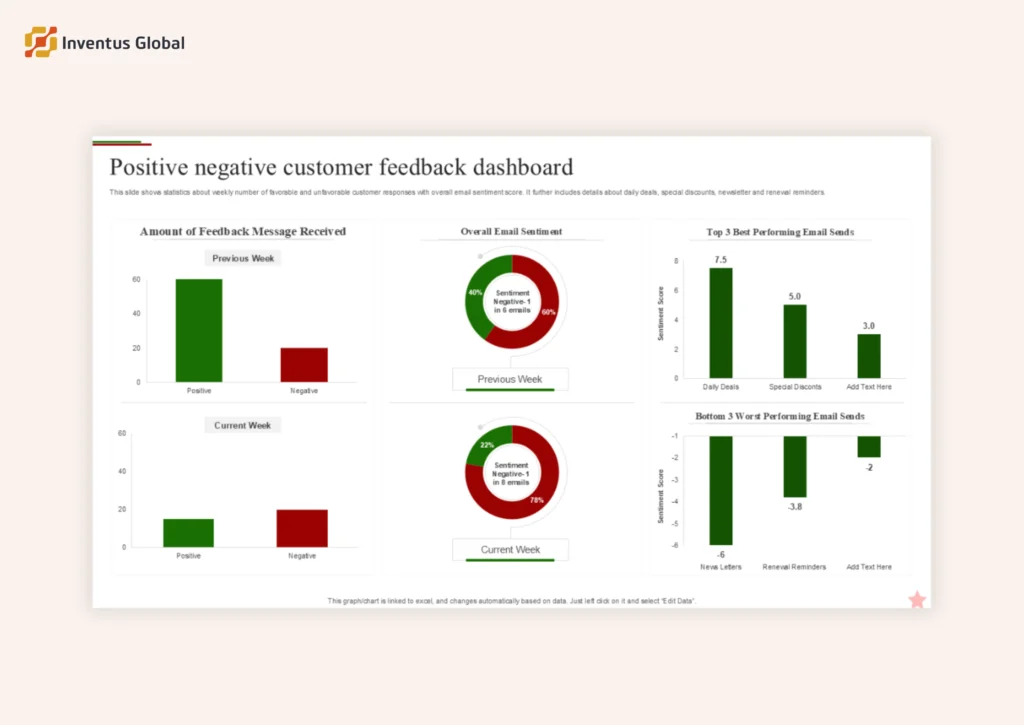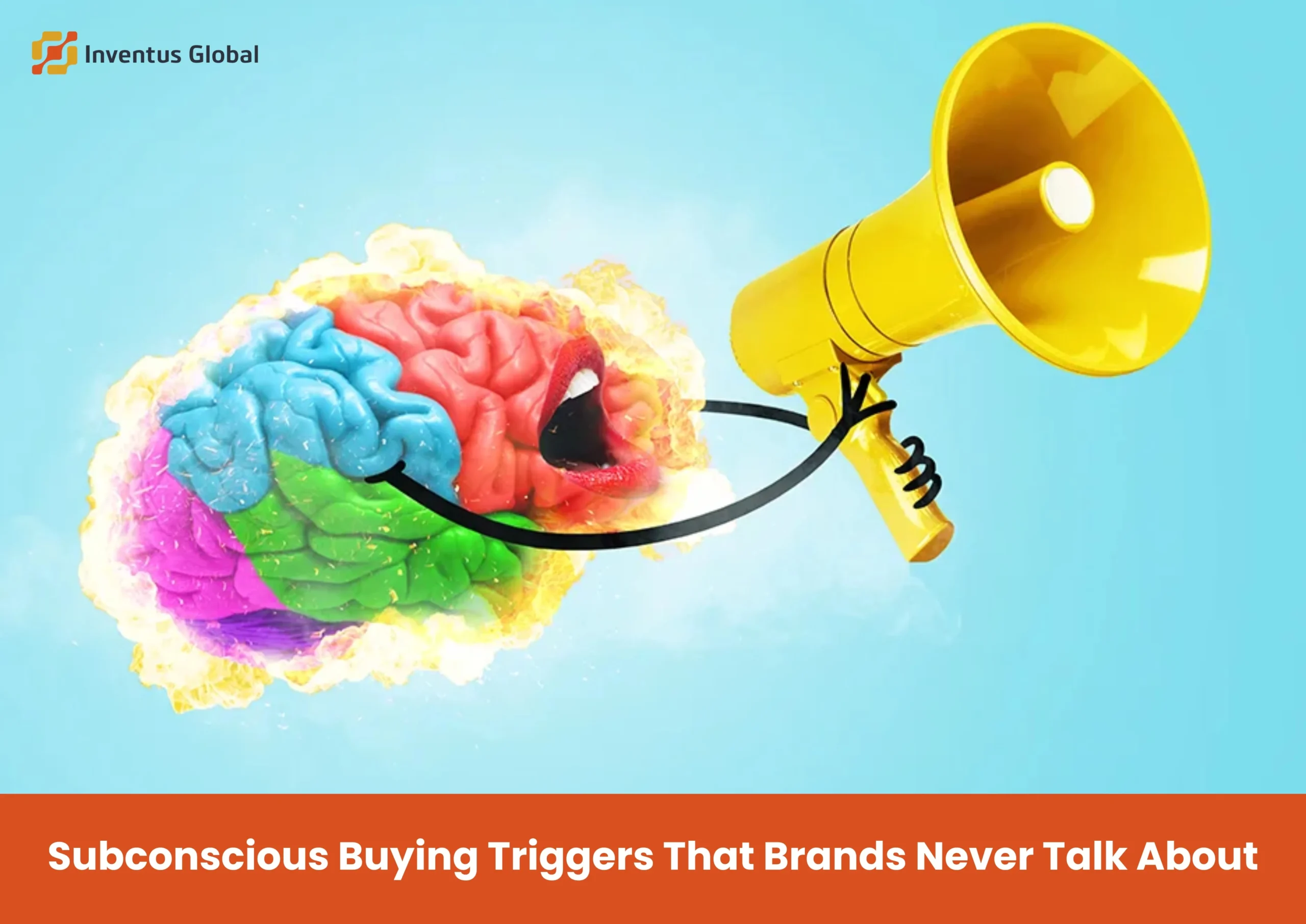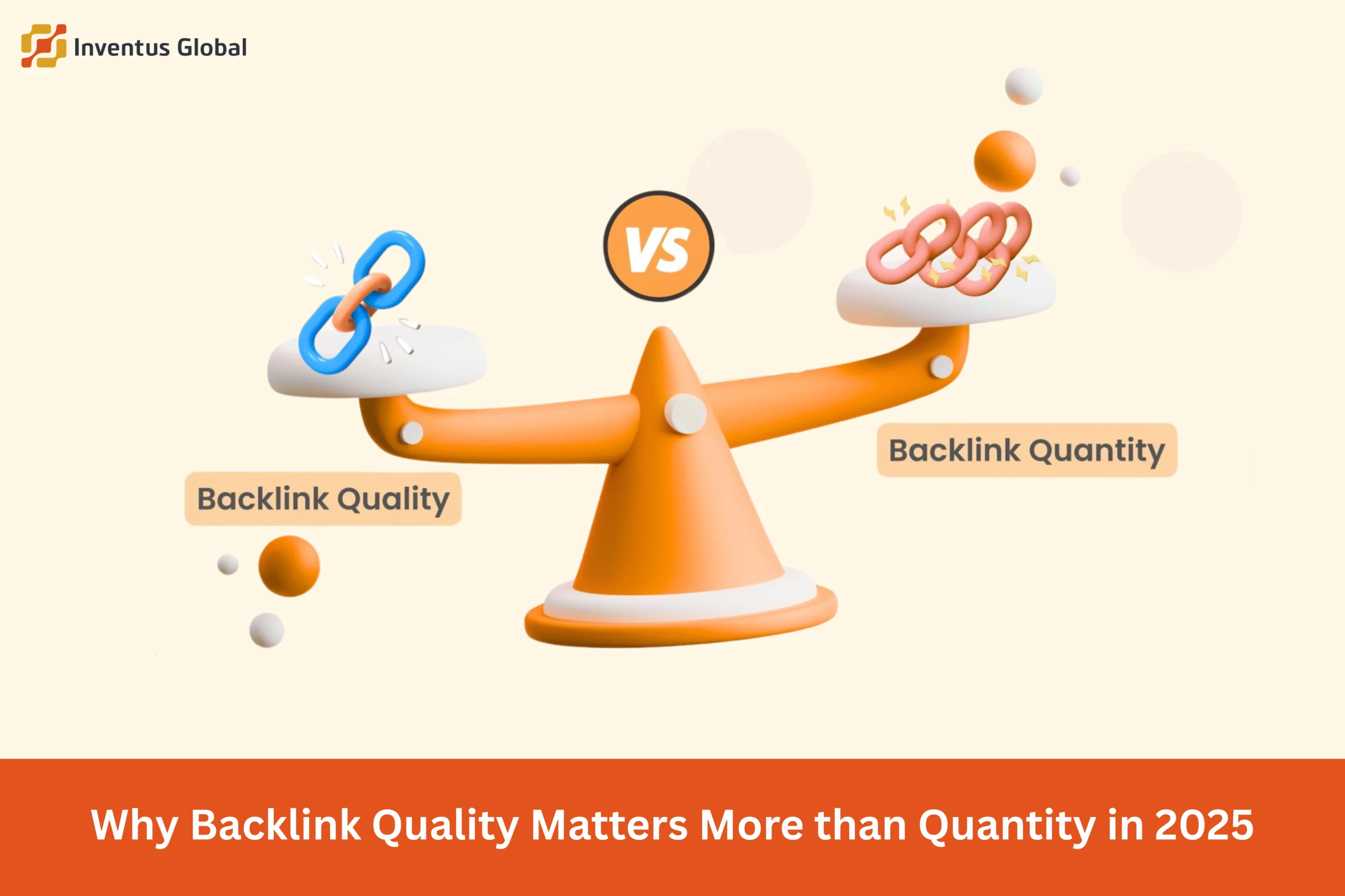Table of Contents
In today’s digital-first marketplace, People Trust Reviews More Than Ads when making purchasing decisions. Consumers no longer rely solely on traditional advertising to evaluate products or services – they actively seek feedback from peers who have experienced the brand firsthand. Studies show that a majority of shoppers read online reviews before committing to a purchase, making consumer trust in reviews a critical factor in driving sales and loyalty. Brands that harness the power of reviews can turn this trust into a measurable business advantage.
At Inventus Global, we have seen firsthand how companies that actively leverage customer reviews impact their growth and brand perception positively. Online platforms, social media channels, and e-commerce websites are now overflowing with user-generated opinions, which can sway potential buyers far more effectively than a standard advertisement. The key lies in integrating online reviews for brands into a cohesive marketing strategy, ensuring transparency and authenticity at every touchpoint.
Moreover, cultivating brand reputation management has become an essential part of modern marketing. Positive reviews not only boost credibility but also amplify your message through social proof in marketing, demonstrating to prospects that your products or services deliver on their promises. For businesses looking to strengthen their online presence, understanding and leveraging reviews is no longer optional – it’s essential.
1. The Psychology Behind Trust in Reviews
Humans are inherently social creatures, and we tend to rely on the experiences of others when making decisions. This is why consumer trust in reviews often outweighs marketing messages. When people read honest testimonials from peers, it reduces perceived risk and builds confidence in the purchase decision.
Brands can harness this psychology through user generated content marketing, showcasing authentic customer stories and experiences. By integrating reviews into websites, emails, and social campaigns, companies create a cycle where positive feedback leads to more conversions. Customer feedback strategies can also include incentives for honest reviews, helping build a sustainable stream of content that resonates with future buyers.

2. Customer Reviews Impact Sales Directly
Research consistently shows that products with multiple positive reviews experience higher conversion rates than those relying solely on advertisements. Customer reviews impact is measurable: a single negative review can deter prospects, whereas a series of authentic positive testimonials can significantly boost trust and sales.
Incorporating reviews strategically into landing pages and e-commerce platforms can make a huge difference. Online reviews for brands can be highlighted next to product descriptions or used in remarketing ads to reinforce credibility. Additionally, platforms like Google, Yelp, and social media channels amplify the reach of these reviews, ensuring your brand message is backed by real customer experiences.

3. Building Social Proof in Marketing
Social proof is a powerful psychological trigger in marketing. When potential customers see others endorsing your product, it validates their choice. Social proof in marketing can be demonstrated through review counts, ratings, video testimonials, and user-generated content.
Businesses can encourage user generated content marketing by inviting customers to share experiences via photos, videos, or social media posts. These can then be curated and displayed on websites or social platforms, amplifying trust. By linking reviews to real stories and relatable scenarios, brands can significantly enhance engagement and credibility.

4. Managing Brand Reputation Through Reviews
Brand reputation management revolves around actively monitoring and responding to customer feedback. Negative reviews, when addressed professionally, can showcase a brand’s commitment to quality and service. Ignoring them can harm credibility, while proactive responses can turn a dissatisfied customer into a loyal advocate.
In addition to monitoring, brands can implement customer feedback strategies that encourage reviews at every touchpoint – post-purchase emails, SMS, or app notifications. This structured approach ensures a steady inflow of reviews and positions the brand as responsive and trustworthy.

5. Leveraging Reviews in Marketing Campaigns
Integrating reviews into broader marketing campaigns ensures authenticity and effectiveness. Ads featuring real testimonials often outperform traditional advertising in both engagement and conversion. Customer feedback strategies help identify the best reviews to feature, while user generated content marketing amplifies their reach organically.
Email campaigns, social media ads, and retargeting can all incorporate snippets from positive reviews. By doing this, brands create a credible narrative that resonates with consumers, further reinforcing the idea that people trust reviews more than ads.

6. Encouraging Authentic User-Generated Content
A key aspect of leveraging reviews is motivating customers to share their experiences. Authenticity matters more than quantity. User-generated content marketing provides social proof and enriches brand storytelling. Campaigns can include hashtags, contests, or spotlight features to encourage content creation.
At the same time, integrating these reviews with online reviews for brands ensures they are easily discoverable and usable across channels. The combined effect of authentic content and visible reviews strengthens brand reputation management, making prospective customers more likely to trust and buy.

7. Measuring the Impact of Reviews
To understand the effectiveness of review strategies, businesses need analytics. Metrics such as review count, rating trends, engagement, and conversion from review clicks provide actionable insights. Customer reviews impact can be quantified and optimized, guiding further campaigns and feedback strategies.
Platforms offering consumer trust in reviews tracking allow brands to correlate positive reviews with sales lift and engagement. Companies like Inventus Global advise clients on implementing these metrics to ensure that user-generated content and reviews deliver measurable ROI.
Conclusion
In today’s marketplace, people trust reviews more than ads, making customer reviews a critical tool for brands. By implementing brand reputation management, leveraging social proof in marketing, and promoting user generated content marketing, businesses can build trust, credibility, and lasting relationships with their audience.
Customer feedback strategies integrated with marketing campaigns not only enhance visibility but also drive conversions. Platforms like Inventus Global help brands harness the power of reviews, ensuring they are authentic, impactful, and effectively distributed across channels.
Businesses that embrace reviews as a central part of their marketing mix gain a competitive edge, turning satisfied customers into brand advocates while boosting trust and loyalty in the process.
FAQs
Why do consumers trust reviews more than ads?
Consumers perceive peer reviews as authentic, unbiased, and relatable, unlike traditional advertisements which may exaggerate benefits
How can brands encourage more customer reviews?
Brands can use post-purchase emails, SMS, incentives, or social media prompts to encourage feedback as part of customer feedback strategies.
What is the role of social proof in marketing?
Social proof, such as reviews or testimonials, validates a brand’s claims and influences purchase decisions by showing others’ positive experiences.
What is the role of social proof in marketing?
Social proof, such as reviews or testimonials, validates a brand’s claims and influences purchase decisions by showing others’ positive experiences.
How can user generated content marketing benefit a brand?
UGC increases engagement, builds authenticity, provides social proof, and enhances brand visibility across digital channels
How can brands manage negative reviews effectively?
Address negative reviews professionally, respond promptly, and resolve issues. This strengthens brand reputation management and can turn dissatisfied customers into loyal advocates.






































